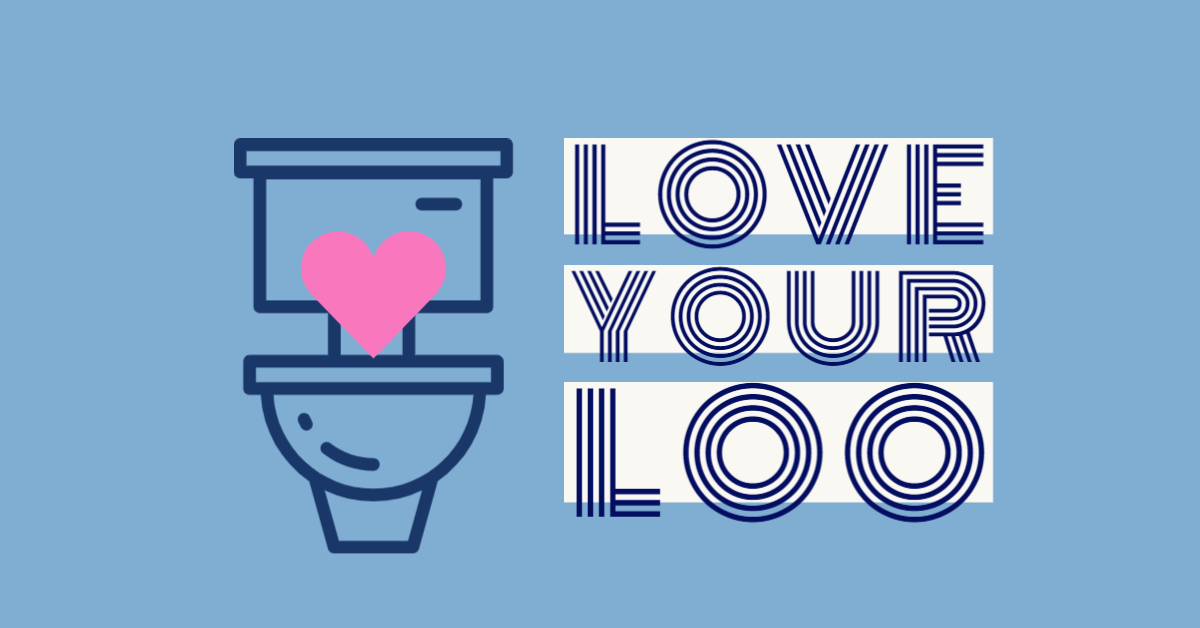Your Loo Needs you
he toilet is not a bin! Most of our sewers were built long ago– we didn’t even use toilet paper back then, let alone plastic products that can block our sewers and then overflow into our homes, our streets and our waterways. This flushed pollution primarily consists of ‘the Dirty Dozen’ – cotton buds, baby wipes, household cleaning wipes, tampons, tampon applicators, facial wipes, cleansing pads, cigarettes, plasters, nappies and menstrual pads and cotton wool. Of the dirty dozen, 11 usually contain plastic and will take 100’s of years to biodegrade.
“At WSC we deal with thousands of sewer blockages a year. All blockages are caused by items that should never be flushed, including but not limited to spent cooking oils, unconsumed food, wipes and other bathroom waste. Even the products that are labelled ‘flushable’ do not disintegrate like toilet paper. It is sad to think billions of people in the world still do not have access to their own toilet and safely managed sanitation, yet here in Malta and other countries we abuse our toilets and treat them as bins”.

How can you help?
• To help keep our seas plastic-free, only flush the 3P’s – paper, poo and pee! EVERYTHING else goes in the bin.
• Put an extra bin in your bathroom so that binning is just as easy as flushing. If you have space why not have a little bin for recycling too!
• Find out how to have zero-waste, Plastic-Free Period – better for your health, for your wallet and for the ocean.
• Buy cotton buds with paper stems rather than plastic.
The most common and problematic things we have to remove from the sewers are wet wipes, pads, tampons and condoms, as well as fats and oils coming down kitchen drains.
Unlike toilet paper, wet wipes don’t break down in water. Wads of them can build up behind another foreign object in the pipe, such as tree roots, or get stuck in congealed fats and oils to form a blockage – which may result in sewage coming back up the wrong way from your toilet or drains.
Keeping our sewers healthy is a shared responsibility, and for our customers, it can help avoid the awful experience of sewage overflows in their homes.
Fatbergs build up in the pipes when people flush items such as wet wipes, condoms, tampons, pads and wrappers down the toilet.
Rather than break up, they stay in one piece, collecting other bits of detritus into a giant blockage which can block and damage the system – as well as being thoroughly unpleasant to remove.

